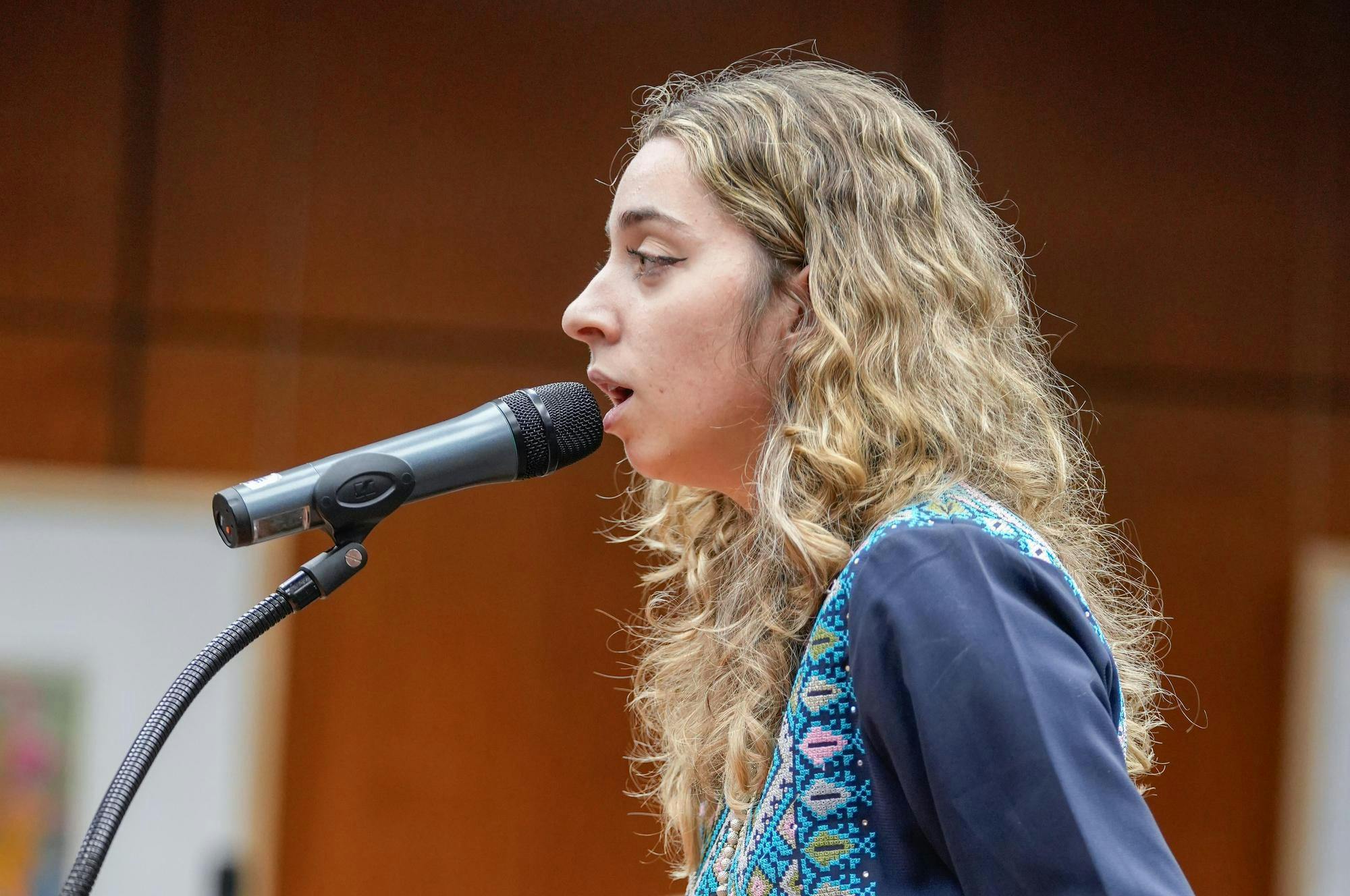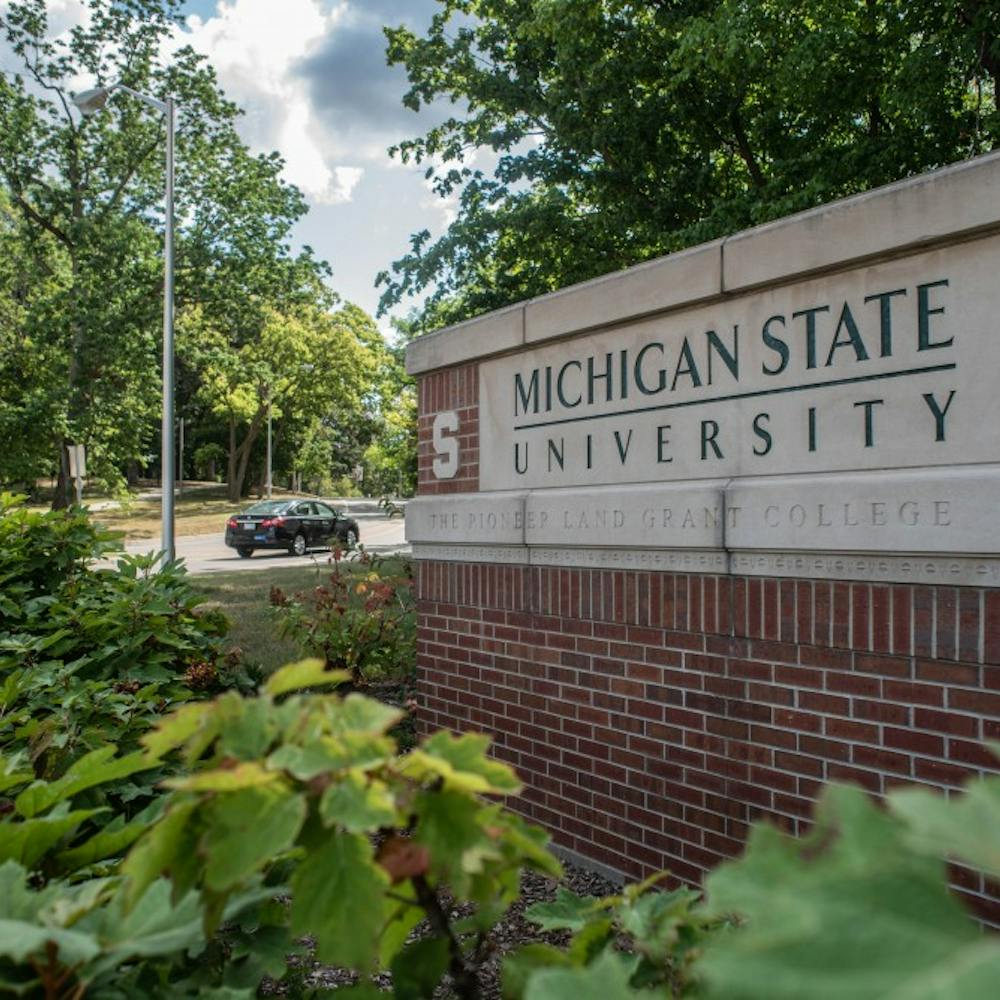Michigan State University’s Board of Trustees will consider shortening the time allowed for public comments.
Frequent public commenters say the proposed amendment to board bylaws — which trustees will vote on at their June 28 meeting — is an attempt to silence community concerns.
Under the proposal, a maximum of 15 individuals would be allowed to address the board at each meeting, limiting the total time of public comment to 45 minutes. Each presenter would still get three minutes to talk.
Public commenters will still be scheduled on a first come, first served basis, according to a university spokesperson.
Board meetings often see over an hour of public comments. In recent months, public commenters have called for the university to divest from Israel, raised concerns about MSU’s delayed recognition of a new faculty union, and called attention to issues faced by Black students, among other things.
Advocates say public comment is their only chance to address the board.
“Many of them are hard to get in contact with throughout the year,” student organizer Jesse Estrada White said. “The board meetings really are like the one guaranteed opportunity we get (to address the board).”
Limiting the time the community can interact with university leadership is “not a good look” for MSU, he said.
“How is the public supposed to reach their elected officials now?” said Valerie von Frank, leader of POSSE, a group for parents of survivors of disgraced ex-MSU doctor Larry Nassar.
Nassar survivors had previously attended and spoken at board meetings in droves to call for the release of thousands of documents detailing MSU’s handling of Nassar. The board voted to release the long-withheld documents to the attorney general in March.
“This is an affront to every voter that cast a ballot for these elected officials,” von Frank said. “If they're too busy to listen to people and to do their jobs, then resign.”
A time limit on public comment is common at other universities, according to the proposal. Both the University of Michigan and Wayne State University have limits on how many people can sign up to address their boards.
Spokesperson Emily Guerrant said the differing policies at other schools caused MSU to evaluate its own.
“How can we still allow public comment at the meeting, while also ensuring the meeting is going to be efficient and allows us to focus on the business of the university?” she said the university asked itself.
Palestinian student activist Saba Saed, a frequent public commenter, said the proposed change is a way for university leadership to avoid hearing things that make them uncomfortable.
“The minimal thing they can do is listen to people,” Saed said. “It seems as if they're creating some form of hierarchy where they're above those who elected them.”
Next week’s board meeting will be held at MSU’s campus in Flint, part of the board’s annual summer retreat.
Several activists said they wonder if the location and timing of the vote is purposeful, seeing that students and faculty from the Lansing area can’t easily get to Flint.
“June meetings traditionally have been very quiet,” von Frank said. “It's almost as though they're trying to slide one by people and hope that nobody is noticing.”
NiCole Buchanan, an organizer for the Union of Tenure System Faculty, said university leadership has used the tactic before.
Support student media!
Please consider donating to The State News and help fund the future of journalism.
“They are dependent on the transient nature of students for a lot of their actions,” Buchanan said. “When you see them proposing something in a clandestine manner during the summer when they're going to be away from campus, that to me speaks of a deliberate attempt to silence our voices.”
The restrictions, if passed, would force community members to resort to other means to voice their concerns, some say.
“Right now, they're providing this mechanism, and people are using it,” Buchanan said. “If you shut down that mechanism, then you're going to see people do perhaps more extreme things in order to be heard.”
Estrada White said that limiting public comment won’t slow down student activism.
“Our advocacy will continue,” he said. “We just may have to get a little more creative.”
Discussion
Share and discuss “Trustees to vote on shortening public comment at meetings, activists say they are being silenced” on social media.







